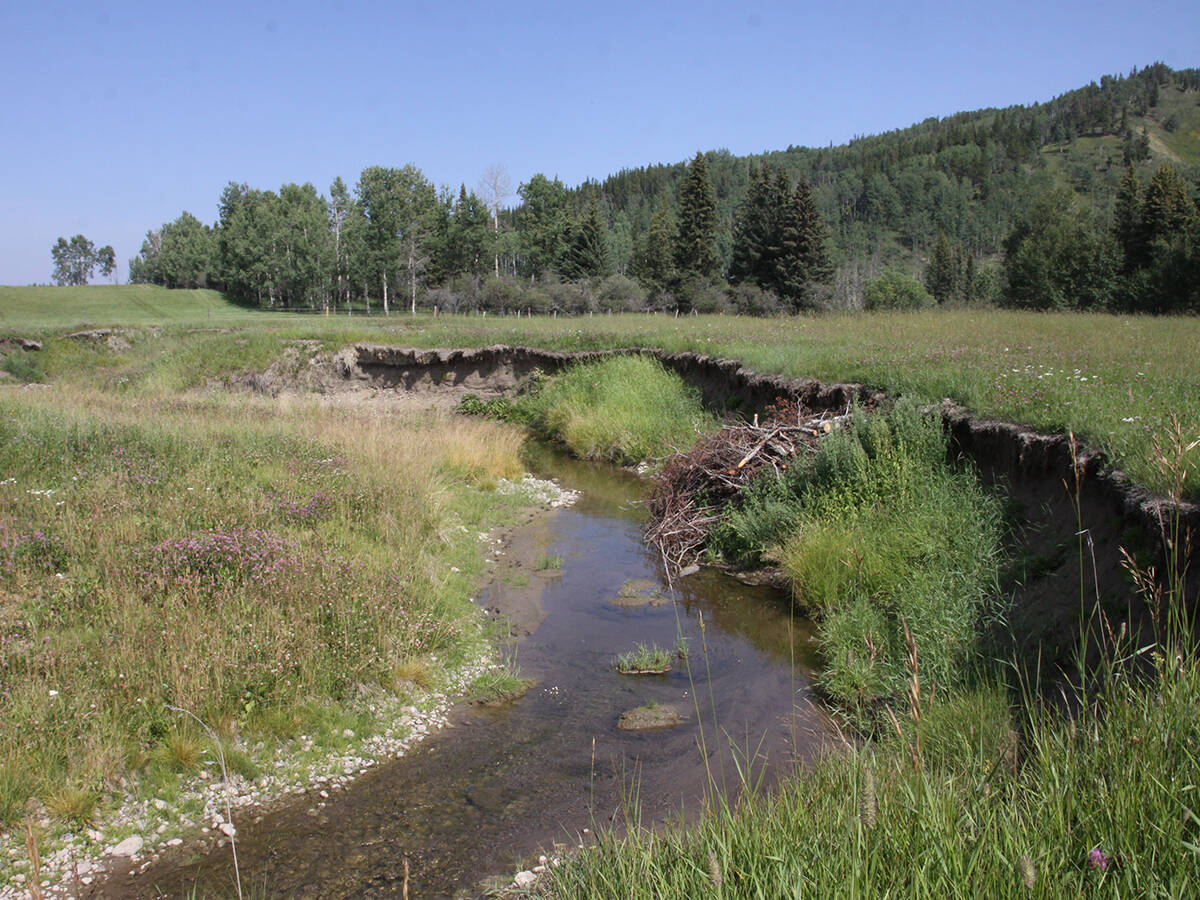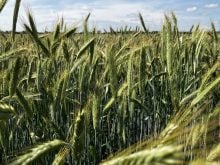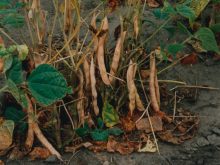The non-profit Canadian Centre for Sustainable Agriculture Inc.
recently published Exploring Sustainable Alternatives.
This soft-cover, 350-page book is a compilation of selected
presentations from the 1999 and 2000 conferences organized by centre
chair Hart Haidn.
The presentations have been organized into 10 categories, from
principles and general observations to more specific sections on topics
such as production, economics and environment. The writers include:
- John Ralston Saul, Canadian author, Massey lecturer and political and
cultural critic.
Read Also

Alberta eases water access for riparian restoration
Alberta government removes requirement for temporary diversion licence to water plants up to 100 cubic metres per day for smaller riparian restoration projects
- Stuart Hill, Foundation Chair of Social Ecology, University of
Western Sydney, Australia.
- David Granatstein, co-ordinator for the Centre for Sustaining
Agriculture and Natural Resources, Washington State University.
Other presentations are by microbiologists, research scientists,
organic farmers and economists. Haidn said this wide variety of
viewpoints shows “how broad sustainable agriculture is, as well as the
interdisciplinary nature of the subject.
“It is important not to confuse ‘organic’ and ‘sustainable’.
Sustainability has nothing to do with a particular system, but is a
process to make agriculture better. For example, a large hog barn could
be sustainable because we have the technology to protect water quality,
eliminate odour, and generate power and high-quality fertilizer from
the manure. On the other hand, an organic farm may not be sustainable
if crop rotations and weed control, for example, are not carried out
properly.”
Haidn said sustainable development is based on four principles:
- Meeting the needs of the present without compromising the needs and
opportunities of the future.
- Economic viability of all agricultural sectors.
- Social acceptability and support.
- Ecological soundness.
Haidn said the principles are interconnected.
Exploring Sustainable Alternatives may be obtained by phoning Haidn at
306-956-0832 in Saskatoon. The cost of a single copy is $34.75 plus tax.
















